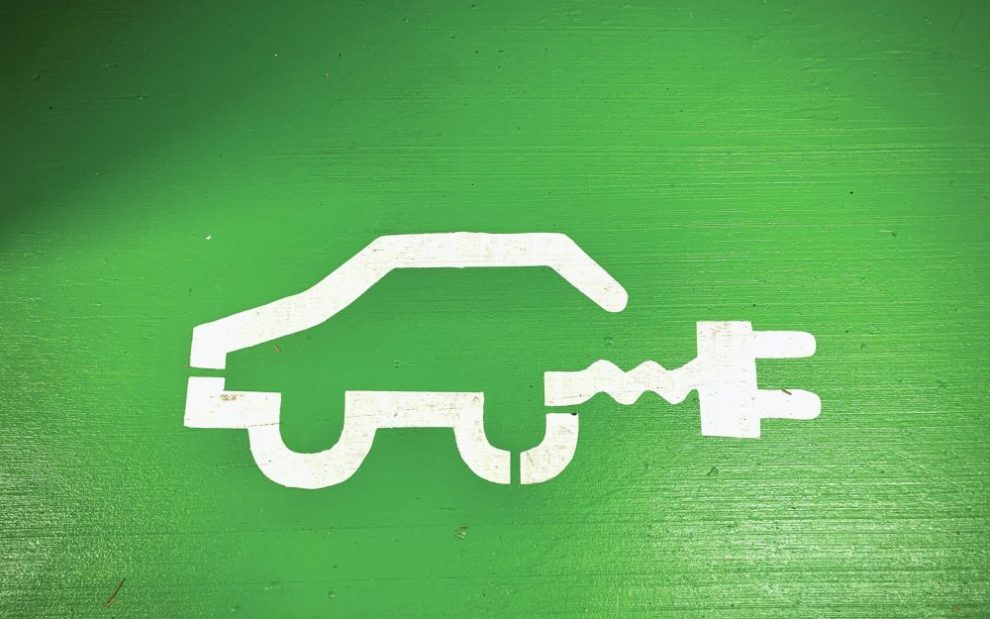Auto enthusiasts have designated 2022 the year of the electric car as a rapid conversion from gasoline-combustion engines to battery-powered sedans, SUVs, and now even utility and long-haul trucks gathers, well, steam. What at first had been prognosticated a slow transition to electric vehicles may, driven by acute consumer interest, become a greatly accelerated reality this decade.
This is mostly good news. Surely in terms of combating global warming and climate change, no one can be unhappy that a transit evolution away from fossil fuel is revving up so quickly. But like any other creative destruction and recreation engendered by market forces, there are some drawbacks to worry over. Electric vehicles overall leave a smaller carbon footprint than gas-burners, but the energy that propels them has to come from somewhere. It won’t be much of an advance if 21st-century cars are powered by 20th-century electric grids that rely on fossil fuels, and let’s not forget that the new technology, while offering ecological relief in many quarters, also creates new ecological threats of its own.
Foremost among these threats is a paradox known as the resource curse, the observation that those territories and nations with some of the greatest riches in natural resources remain among the world’s poorest, with populations that seldom reap the economic or technological benefits of the resource wealth removed from under their feet. Extractive industries locate the resource reserves, bring in the expertise and technology to remove and refine those resources, and then move on, not only depriving Indigenous people of wealth-sharing but leaving behind environmental wreckage and local governments too corrupt and inefficient to respond adequately to it. The paradox has been repeated around the world, from West Virginia and Kentucky to Bolivia and the Democratic Republic of the Congo.
This promising new age of electric power has already launched contemporary resource rushes as industrialists and investors seek to secure reserves of the raw materials essential to the emerging battery technology, primarily lithium, cobalt, and nickel. Demand for car batteries could increase 10-fold in the next decade, and billions from U.S. investors have been flowing into mining initiatives.
The United States holds a vast lithium reserve but currently maintains little capacity to extract it. A new mine atop a dormant volcano in Nevada promises to change that. Lithium Americas Corp., based in Vancouver, Canada, is already preparing what will become only the second lithium mining site in the United States. The project, rushed through federal approval in the waning days of the Trump presidency, has drawn resistance from Nevada’s Paiute-Shoshone tribe, ranchers, and environmental groups. Lithium extraction at the site will require billions of gallons of groundwater, a precious resource in its own right, which could be contaminated for three centuries after the mining operation concludes.
“Blowing up a mountain isn’t green, no matter how much marketing spin people put on it,” a protester at the proposed mine told the New York Times last May.
Pope Francis perceives the global disruption caused by COVID-19 as an opportunity for a global rethink of trade practices and consumption priorities, a chance to “build back better.” It is a call now issued from Rome; Washington, D.C.; and Brussels for a future economic order that is more merciful to people and creation. Will it be heeded?
For all the benefits it surely offers, the great transition to electric vehicles so far seems less powered by a desire to build back better than a surrender to the same old story of profit-bound utilitarianism and an eagerness to accept familiar patterns of exploitation and exhaustion. We know where this road dead-ends, because we have been on it before, although perhaps not in our shiny new electric cars.
This article also appears in the April 2022 issue of U.S. Catholic (Vol. 87, No. 4, page 42). Click here to subscribe to the magazine.
Image: Unsplash/Ralph Hutter















Add comment